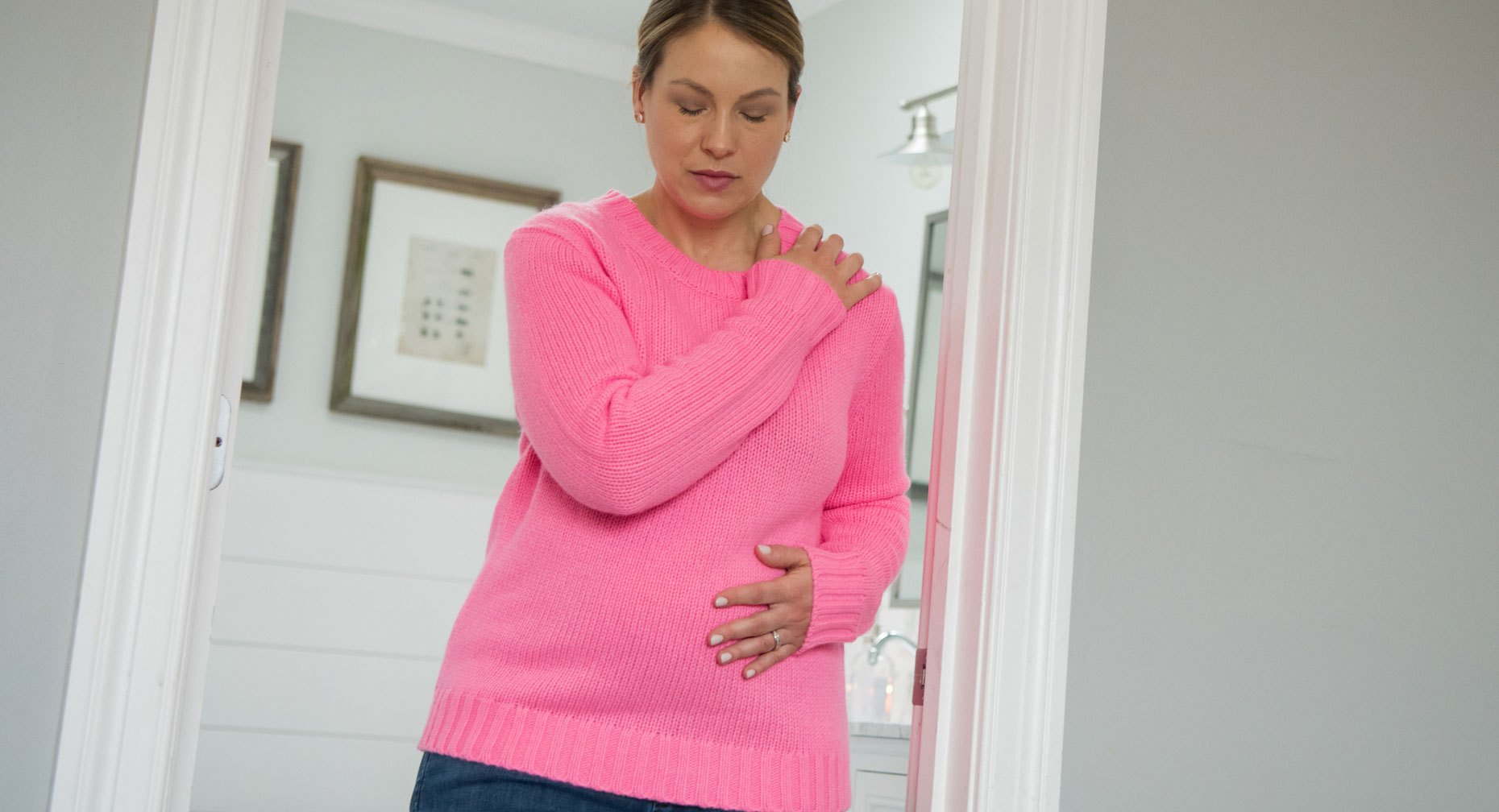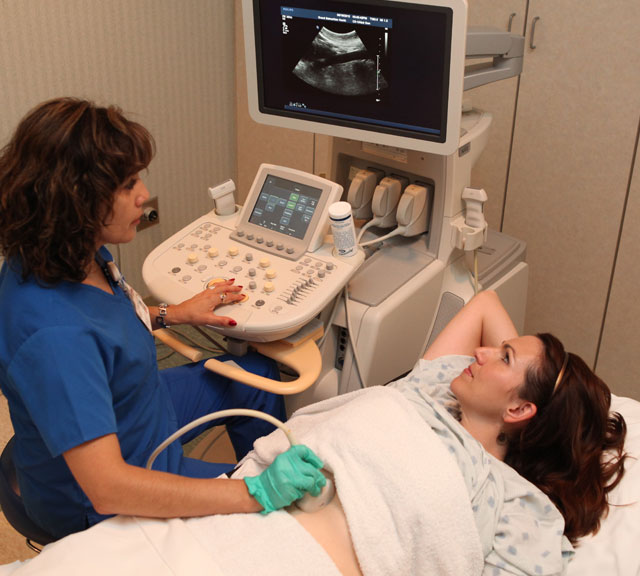The Pain of Ectopic Pregnancy

Find Your Perfect Match
Answer a few questions and we'll provide you with a list of primary care providers that best fit your needs.
A healthy, fertilized egg growing in your uterus is the picture of pregnancy. But sometimes pregnancy doesn’t go as planned.
It doesn’t happen often, but your fertilized egg could somehow get attached and grow within one of your fallopian tubes instead of your uterus (or, on very rare occasions, it could attach to an ovary or another organ). This is called an ectopic pregnancy, or a tubal or abdominal pregnancy. These pregnancies can be life-threatening because, as the fertilized egg grows, it can burst your fallopian tube, which can lead to internal bleeding and infection.
How Would I Know?
You might not know you have an ectopic pregnancy because the symptoms often occur before you realize you’re pregnant. As the egg grows, you might experience:
- Sharp pain in your abdomen, shoulder or both
- Unexplained vaginal bleeding
- Feeling dizzy, like you’re ready to faint
What Should I Do?
If you have these symptoms, you should contact your doctor right away. A pelvic exam and a urine or blood test will tell the doctor if you’re pregnant. An ultrasound (which uses sound waves to make pictures of your pelvic region) will let your doctor see where the pregnancy is located.
How Is Ectopic Pregnancy Treated?
Because a pregnancy can’t survive outside the uterus, an ectopic pregnancy will need to be removed. If the ectopic pregnancy is discovered early, your doctor can give you a shot of medicine to dissolve the egg, which your body will reabsorb. If medicine is not possible, but the pregnancy is small and within the fallopian tube, a surgeon likely can remove the pregnancy without removing the tube. If the pregnancy is larger, the surgeon may need to remove some or all of the fallopian tube. No matter which type of treatment is used, several weeks of follow-up with your doctor will be needed.
You might not know you have an ectopic pregnancy because the symptoms often occur before you realize you’re pregnant.
Will I Still Be Able to Have a Baby?
You have two fallopian tubes. As long as one of them is left in place, there is a good chance that you can have a normal pregnancy in the future. Having an ectopic pregnancy, however, does increase your risk of having another ectopic pregnancy. Your chances also increase if you have had:
- Pelvic inflammatory disease
- Pelvic or abdominal surgery
- Endometriosis
- Sexually transmitted diseases
- Prior surgery on your fallopian tubes (like tubal sterilization)
- Infertility issues
Your risk also increases with age; if you smoke; and if your mother was exposed to the drug diethylstilbestrol (DES) when she was pregnant with you. Be sure to talk with your doctor about your risk for ectopic pregnancy.
Find Your Perfect Match
Answer a few questions and we'll provide you with a list of primary care providers that best fit your needs.
Source: American College of Obstetricians and Gynecologists; FamilyDoctor.org; MedlinePlus

